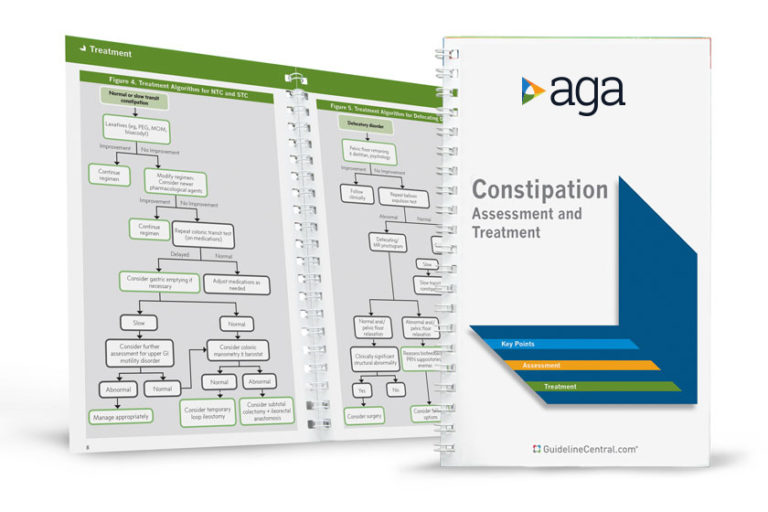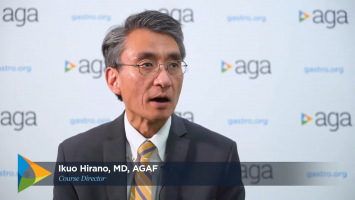News
Featured Articles


February 16, 2022

January 24, 2022
Elevate your career: AGA Women in GI Regional Workshops await
In Memoriam: Ikuo Hirano, MD, AGAF
Meet our 2024 AGA Research Scholar Award recipients
Know how to spot cyclic vomiting syndrome
Harmful Medicare cuts proposed for 2025
DDW® 2024 session recordings now available
GI learning tailored for APPs
We’re making progress in the fight against GI cancers
Check out our new ulcerative colitis clinician toolkit

AGA Pocket Guides
Official AGA Institute quick-reference tools provide healthcare providers and students with instant access to current guidelines and clinical care pathways in a clear, concise format. AGA Institute pocket guides are available in print and digital form.
Member Non-Member
AGA clinical guidance
Find the latest evidence-based recommendations for treating your patients.




















